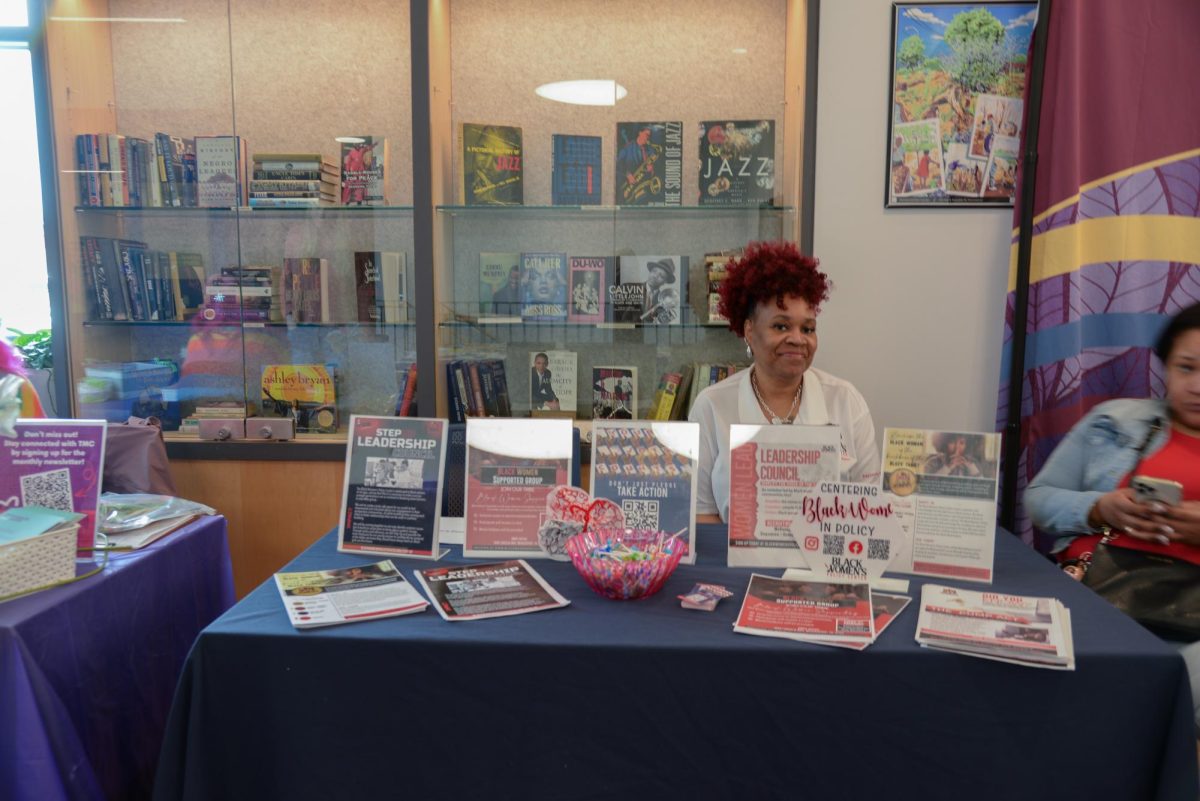English Language Institute remains open for another year, though its future is ‘unknown’
Nate Yonamine | Senior Staff Photographer
The Parkvale Building on Meyran Avenue, which houses the English Language Institute.
March 29, 2023
While the English Language Institute will remain open for at least one more year, faculty, staff and students are scrambling to make the most of the ELI’s services amid an uncertain future.
Scott Kiesling, chair of the Department of Linguistics, said although there have been discussions about integrating ELI programs into the University, he hasn’t received any commitments from the University on whether the ELI will remain open past the one-year extension — leaving many details “up in the air.”
“All of these things are sort of up in the air right now, because we just learned about this,” Kiesling said. “So we have a lot of work to do to sort of figure out how to reconfigure things and see if we can continue some programs that we have.”
University spokesperson Nick France said, “We are working with the Union and the impacted faculty members on the fine details, but the ELI will remain open at least until June 2024.”
Senate Council President Robin Kear announced at a Faculty Assembly meeting that the English Language Institute will remain open through June 30 of next year. She said this decision will provide “one year of reprieve” during negotiations about extensions on ELI faculty contracts.
Students and faculty members within the ELI say while they’re appreciative of the extension, the looming uncertainty is affecting the daily operations of the Institute. They also say they’re hoping the upcoming changes in Pitt administration will lead to a more concrete solution. Chancellor Patrick Gallagher and Provost Ann Cudd are scheduled to leave their positions this summer, and interviews are currently underway for the new dean of the Dietrich School of Arts and Sciences.
In December, Dean Kathleen Blee sent a letter to the Department of Linguistics notifying them that the English Language Institute would cease operations in June. The letter cited declining enrollment in the ELI’s Intensive English Program as the reason for the decision. According to the institute’s website, Pitt’s IEP has served more than 14,000 students from more than 130 countries since 1964.
Kiesling said since the ELI’s closure was announced in December, he’s talked several times with administrators, including Cudd, who initially signed off on the closure along with Blee.
“In general, [Cudd] was always willing to work on making sure that this was the least disruptive as possible,” Kiesling said. “It’s going to be disruptive when you’re closing something, especially when you’re closing a program, so we were able to talk through some of those details.”
After the announced closure, Haile Proctor, a senior political science major and volunteer at the ELI, created an online petition — which garnered more than 1,000 signatures — urging Pitt to keep the ELI open in addition to sending a six page letter to Provost Cudd and Dean Blee requesting they reconsider the decision.
Proctor said while she is happy for the year extension, she’s hoping for a more concrete plan for the Institute.
“I was definitely excited because it gives another opportunity for students, but it’s also it’s mixed emotions because, of course you’re happy that they have another year, but also you know that after this year you it’s in the same spot as it was this year, just in limbo,” Proctor said.
Dawn McCormick, the director of the ELI, said uncertainty regarding the Institute’s future has led to challenges in recruiting students and staffing worries.
“We certainly could lose both full-time and part-time faculty, because it’s difficult for them to operate with the unknown of if there’s a possibility of the ELI in the future,” McCormick said. “Not knowing that possibility is extremely stressful.”
McCormick said since December the ELI has received about 80 calls from students inquiring about enrolling in its programs. However, due to the assumption that the Institute was closing in June, they were forced to turn these students away.
“We have also lost potential students and we’ve lost key marketing time, so that for us is something that we have to maybe triple triple our efforts to do, is to reach out and find the students that we can for the next three terms,” McCormick added.
Yu Du, a current student within the Institute, said she hopes the ELI will continue to exist “indefinitely.”
“I hope that ELI will continue to operate indefinitely, as many students share my sentiment. We are concerned that the University may close ELI after only one year,” Du said. “This would be a missed opportunity for the University to promote Pitt globally.”
McCormick, along with student leaders like Proctor, are looking to future leadership changes within Pitt administration as an opportunity for the Institute to tell decision-makers why the program should continue.
“We still would like the opportunity to discuss our current and future role with the University decision makers,” McCormick said. “We don’t know if this is going to be an option, but maybe with the changes in leadership that are coming we will have that opportunity.”
Proctor said she hopes the future Pitt administration sees the value the ELI provides to both the Pitt community and across the globe, and that the new administration reconsiders the decision to close the Institute after a year.
“Hopefully they’ll be more considerate and care more about the program,” Proctor said. “So it’s scary because we don’t know who the person is, but also I want to remain as optimistic as possible and hope that they are a person that will actually care and want the best for the students.”



